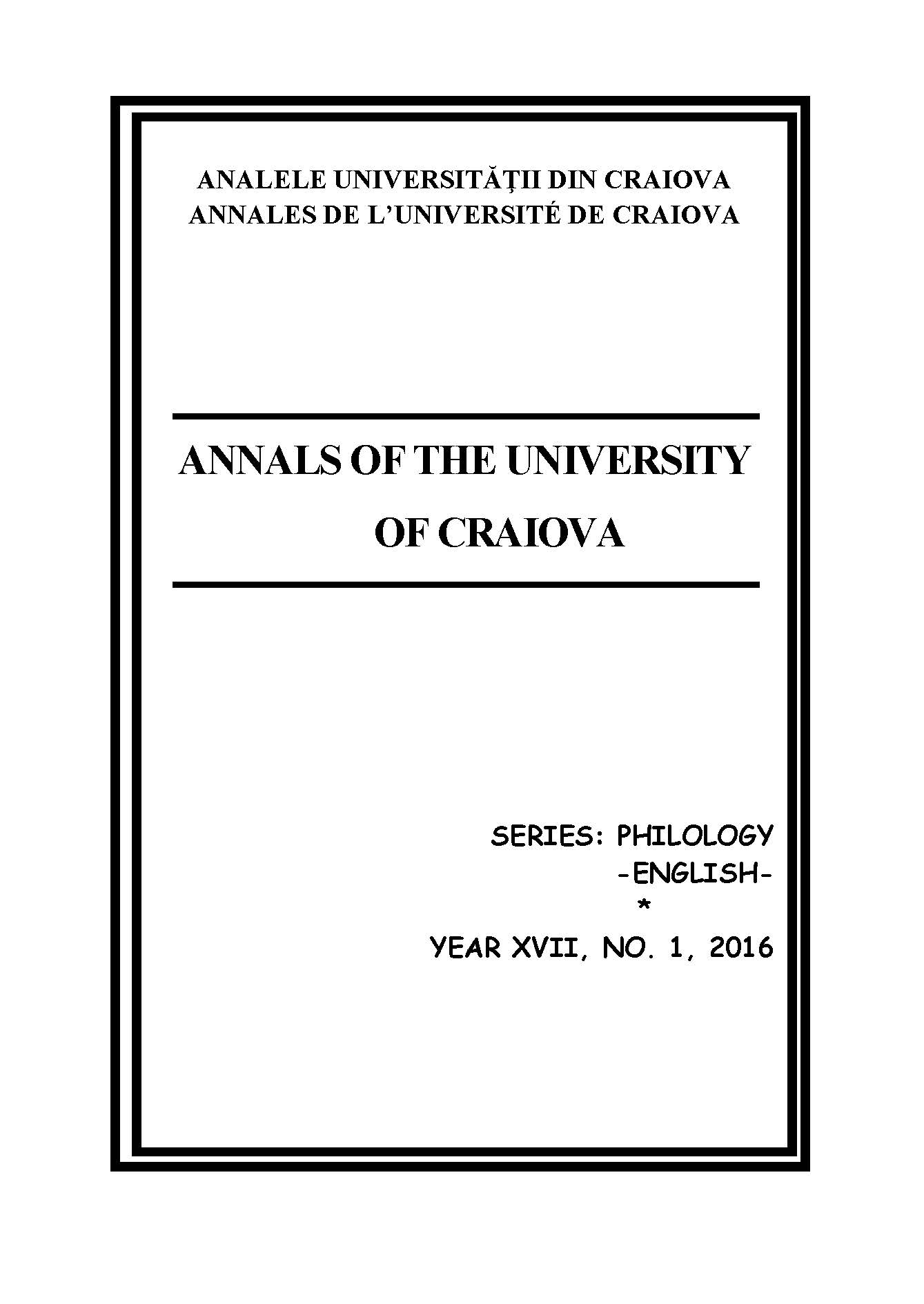Conceptual Motivation of English and Romanian Finger Idioms. A Contrastive Approach
Conceptual Motivation of English and Romanian Finger Idioms. A Contrastive Approach
Author(s): Ana-Maria TrantescuSubject(s): Language and Literature Studies, Semantics
Published by: Editura Universitaria Craiova
Keywords: cognitive semantics; conceptual metaphor; conceptual metonymy; cross-cultural cognitive motivation; idiom;
Summary/Abstract: Idiomaticity is considered to be one of the most controversial domains of semantics. The paper analyses from a cognitive perspective a series of English and Romanian finger idioms. While traditional linguists study mainly the formal and functional aspects concerning idioms, cognitive linguists have a completely different view. Without totally denying the traditional perspective according to which the meaning of an idiom cannot be completely inferred from the meaning of its components, these linguists consider that there is a systematic conceptual motivation for a large number of idioms. Most idioms are products of our conceptual system and not simply a matter of language. The cognitive frame attempts to provide an adequate motivation for most of these expressions. Our work is based on the cognitive hypothesis according to which idioms are motivated by conceptual structures: conventional knowledge, conceptual metonymies and metaphors. Idioms which make use of parts of the human body are more predictable than others, simply because as human beings we are more familiar with our perception of the shape, size and functions of individual parts of our own bodies, since we experience them every day. In these cases the notion of embodiment can be easily applied.
Journal: Annals of the University of Craiova, Series: Philology, English
- Issue Year: XVII/2016
- Issue No: 1
- Page Range: 117-134
- Page Count: 18
- Language: English

